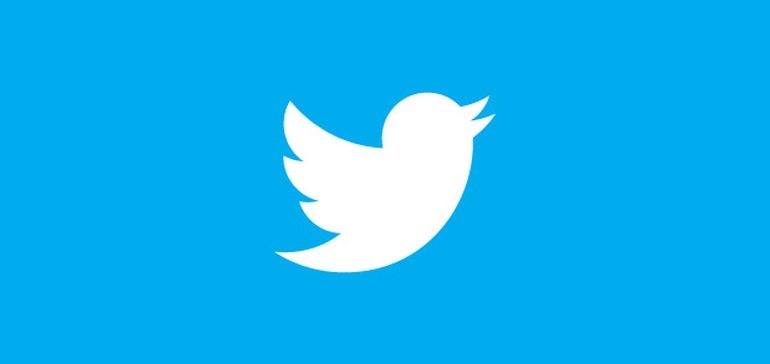SOCIAL
Twitter Updates its Platform Rules to Cover More Types of COVID-19 Misinformation


Twitter has announced a new update to its safety rules in order to remove more types of misinformation relating to the COVID-19 outbreak.
Responding to communication trends around the pandemic, Twitter says that it will now require people to remove Tweets that include the following:
Content that increases the chance that someone contracts or transmits the virus, including:
– Denial of expert guidance
– Encouragement to use fake or ineffective treatments, preventions, and diagnostic techniques
– Misleading content purporting to be from experts or authorities— Twitter Safety (@TwitterSafety) March 18, 2020
Among the various specific updates that these new regulations cover, Twitter says that it will now remove:
- Tweets with claims like “coronavirus is not heat-resistant – walking outside is enough to disinfect you” or “use aromatherapy and essential oils to prevent COVID-19.”
- Claims such as: “drinking bleach and ingesting colloidal silver will cure COVID-19.”
- Tweets spreading conspiracy theories that coronavirus is not real, or that “washing your hands is propaganda for soap companies”
- Content that propagates false or misleading information around COVID-19 diagnosis procedures, like: “if you can hold your breath for 10 seconds, you do not have coronavirus.”
- Claims that specific groups, nationalities are not susceptible to COVID-19, such as “people with dark skin are immune to COVID-19 due to melanin production” or “reading the Quran will make an individual immune to COVID-19.”
These types of misinformative messages are on the rise, particularly as the outbreak spreads, and increases anxiety levels around the world. People are looking for answers, but the difficult part is that there are no answers to many of the key questions.
We don’t know the full extent of how COVID-19 works, how it spreads, nor how long it’s going to take to weed it out of our societies. That makes the situation even more concerning across the board, and misinformation like this does nothing to help.
It’s good to see Twitter working to combat such claims, and rid its network of false narratives. At the same time, Twitter will also likely need to crack down on bots, which have been used in the past to amplify misinformation of this type.
The expanded operation could also have longer-term benefits for Twitter. Right now, the priority is ensuring accurate and timely information for users, but the processes being put in place could also help Twitter improve its systems on the same moving forward.
Either way, these are important shifts in policy from the platform, and will hopefully help in reducing the spread of incorrect information.
